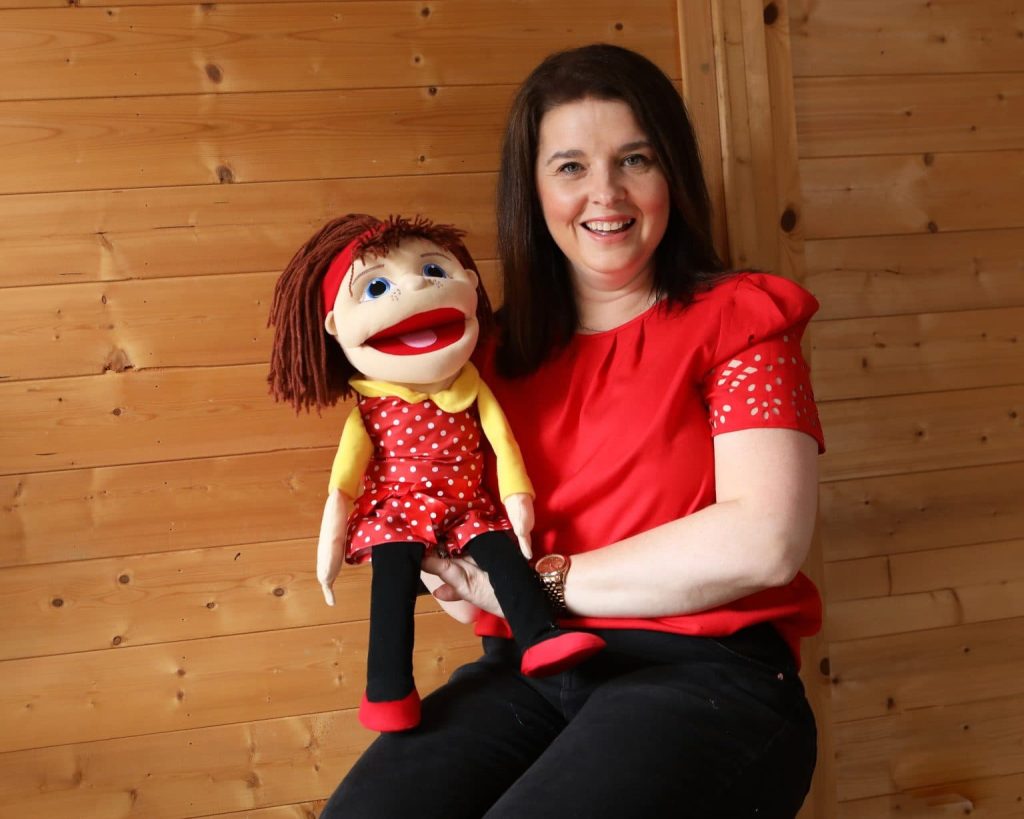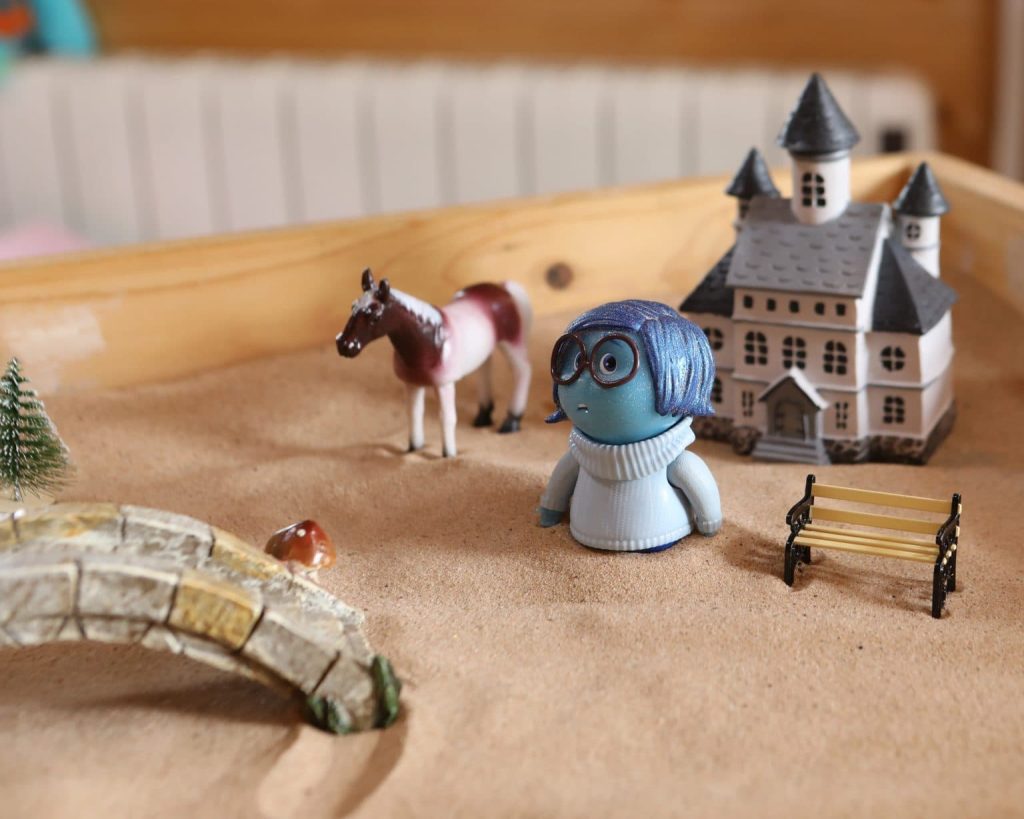What is Play Therapy?
Play therapy helps children change how they think about, behave and resolve their worries. Play is how children learn and communicate.
When children have no outlet for their difficult emotions they become bottled up often resulting in inappropriate and worrying behaviour. Play therapy allows them to play out their emotions for as long as they need to in a non-direct, child-led and non-judgemental manner.
Play therapy is suitable for children from the age of 3 and 6 months upwards.
The relationship between the child and therapist is central to the process. Once trust has been established the child will enter into a fun and dynamic relationship with the therapist where they can easily express themselves and make sense of the world around them. The therapist implements few boundaries only those required to maintain safety within the play room. This allows healing to occur.

Benefits of Play Therapy

Play Therapy Vs Talk Therapy
Play therapy is to children what talk therapy is to adults. Unlike adults children do not have the ability to communicate their worries or problems using words.
Toys are children’s words and play is their language
Gary L. Landreth
What Does Play Therapy Help With?
Play therapy is for any child age 3 upwards and can be effective for a broad range of issues including:
